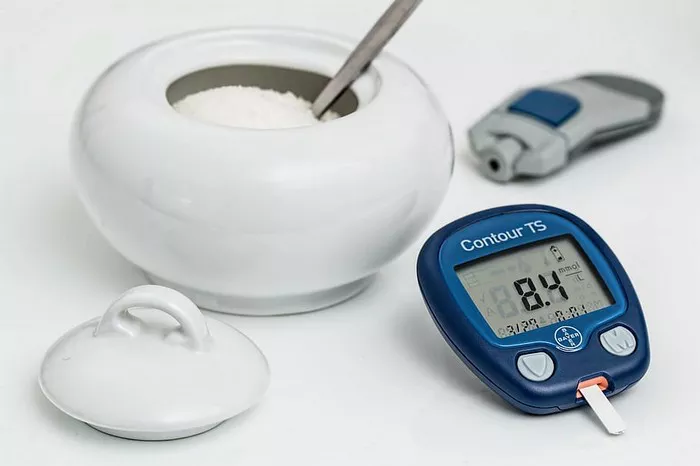Low blood sugar, also known as hypoglycemia, is a common concern for individuals with diabetes and can occur unexpectedly. Managing low blood sugar promptly and effectively is crucial to prevent serious complications. In this article, we will explore the best practices for treating low blood sugar, including immediate treatment strategies, prevention techniques, education on recognizing symptoms, and long-term management strategies.
Immediate Treatment
When experiencing low blood sugar, immediate action is necessary to raise blood sugar levels to a safe range. One widely recommended method is the “15-15 Rule.” This rule involves consuming 15 grams of fast-acting carbohydrates and then checking blood sugar levels after 15 minutes. If blood sugar remains low, the process is repeated until levels stabilize.
Fast-acting carbohydrates are essential for quickly raising blood sugar levels. Examples include juice, regular soda, sugar, honey, candy, glucose tablets, or gel. These options are quickly absorbed into the bloodstream, making them effective for addressing hypoglycemia.
Severe Hypoglycemia
In cases of severe hypoglycemia, where blood sugar levels drop below 55 mg/dL, immediate intervention is critical. Injectable glucagon is a life-saving treatment used to raise blood sugar levels rapidly. Glucagon works by stimulating the liver to release stored glucose into the bloodstream.
It is important to follow instructions carefully when using an injectable glucagon kit. These kits are typically prescribed to individuals at risk of severe hypoglycemia and should be kept readily accessible. After administering glucagon, it is essential to seek medical attention promptly, as underlying issues may need to be addressed.
Prevention
Preventing low blood sugar episodes is an integral part of diabetes management. Frequent monitoring of blood sugar levels helps individuals recognize patterns and trends, allowing for proactive adjustments to medication, diet, and lifestyle.
Regular meals and snacks are essential for maintaining stable blood sugar levels throughout the day. Balanced meals that include a combination of carbohydrates, protein, and healthy fats can help prevent fluctuations in blood sugar.
Education
Understanding the signs and symptoms of low blood sugar is crucial for timely intervention. Common symptoms include sweating, shaking, dizziness, confusion, and irritability. Educating oneself and loved ones on these symptoms can help ensure prompt treatment when needed.
Knowing how to use a glucagon kit is also essential for individuals at risk of severe hypoglycemia. Healthcare providers can provide training on proper administration techniques, and it is vital to have a glucagon kit readily available in case of emergencies.
Long-Term Management
Long-term management of low blood sugar involves a multifaceted approach. This includes making adjustments to diet, medication, and exercise routines to minimize the risk of hypoglycemia.
Working closely with healthcare providers is essential for developing a personalized treatment plan. Healthcare providers can offer guidance on medication adjustments, insulin dosing, and lifestyle modifications tailored to individual needs.
Regular check-ups and monitoring of blood sugar levels help track progress and make necessary adjustments to the treatment plan. Consulting a healthcare provider promptly if experiencing frequent or severe hypoglycemia is essential for preventing complications and optimizing diabetes management.
Conclusion
In conclusion, treating low blood sugar requires a proactive approach that includes immediate treatment, prevention strategies, education on symptoms and management techniques, and long-term monitoring and adjustment. By implementing these best practices, individuals with diabetes can effectively manage low blood sugar and reduce the risk of complications.



























